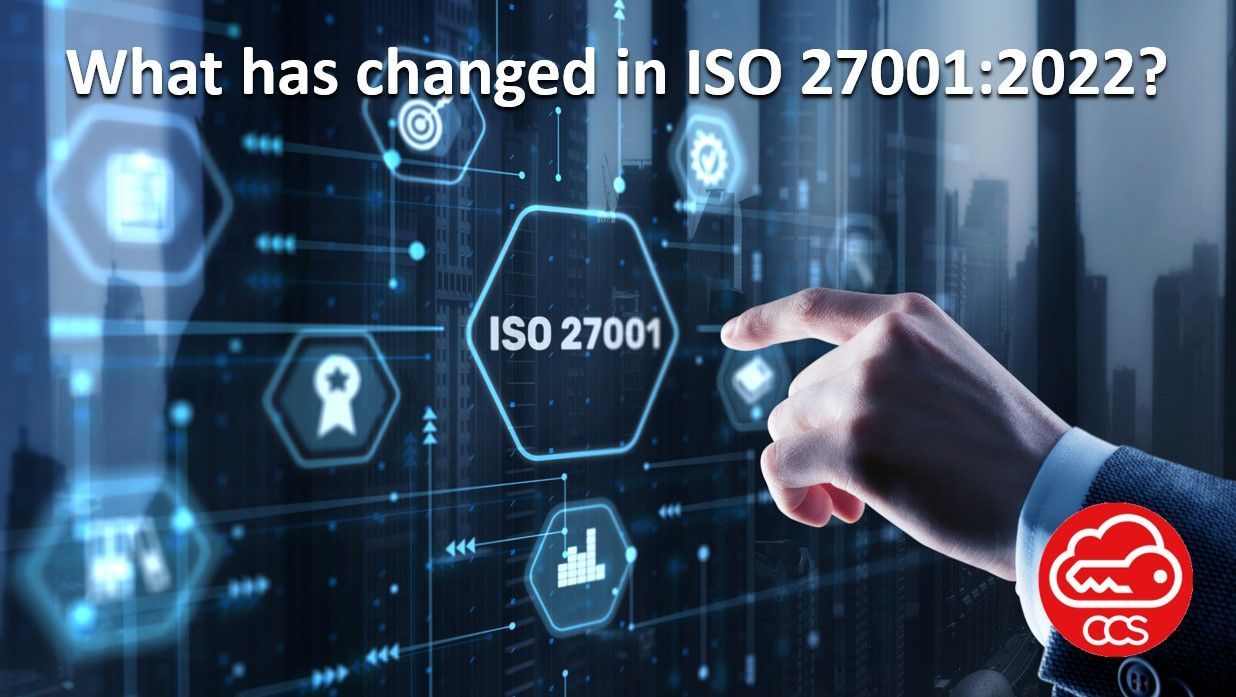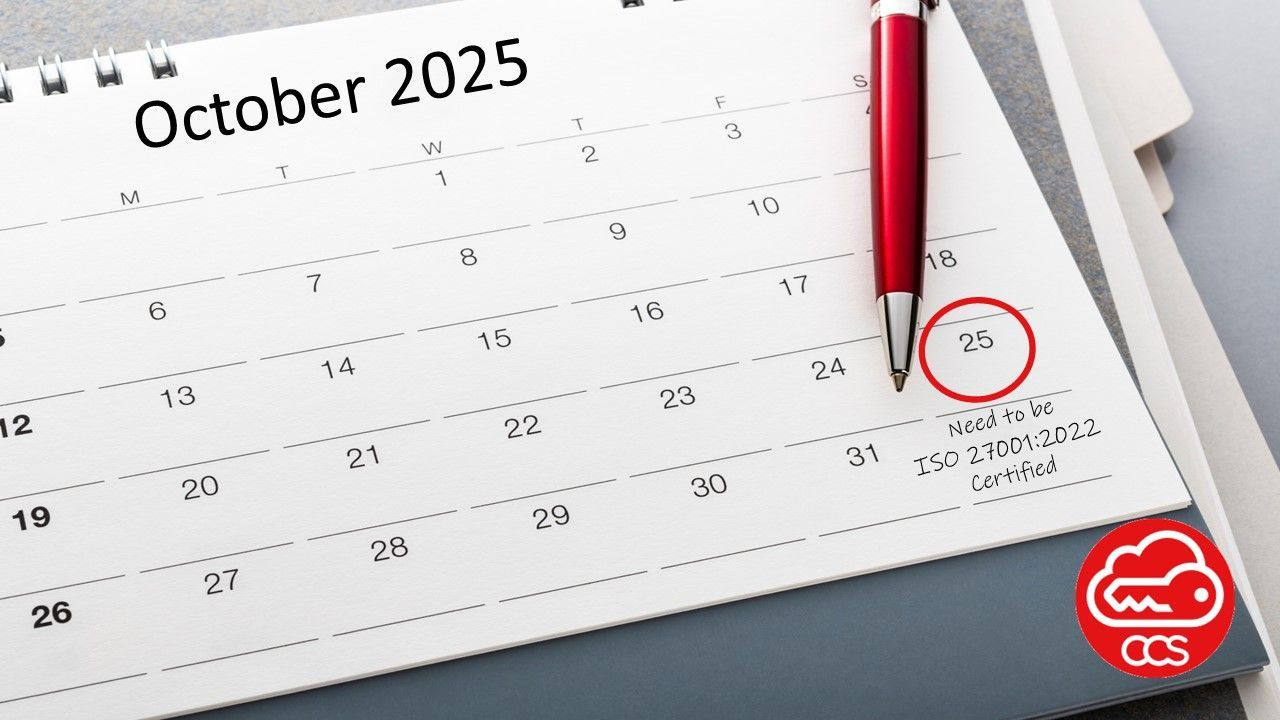
Let's explore the implications of ethical AI development and risk management. Discover how ISO 42001 could have mitigated the infamous Skynet catastrophe from The Terminator and learn why it's crucial for businesses today. As we navigate topics from machine learning misconceptions to the EU AI Act, you'll gain valuable insights into the world of AI governance.
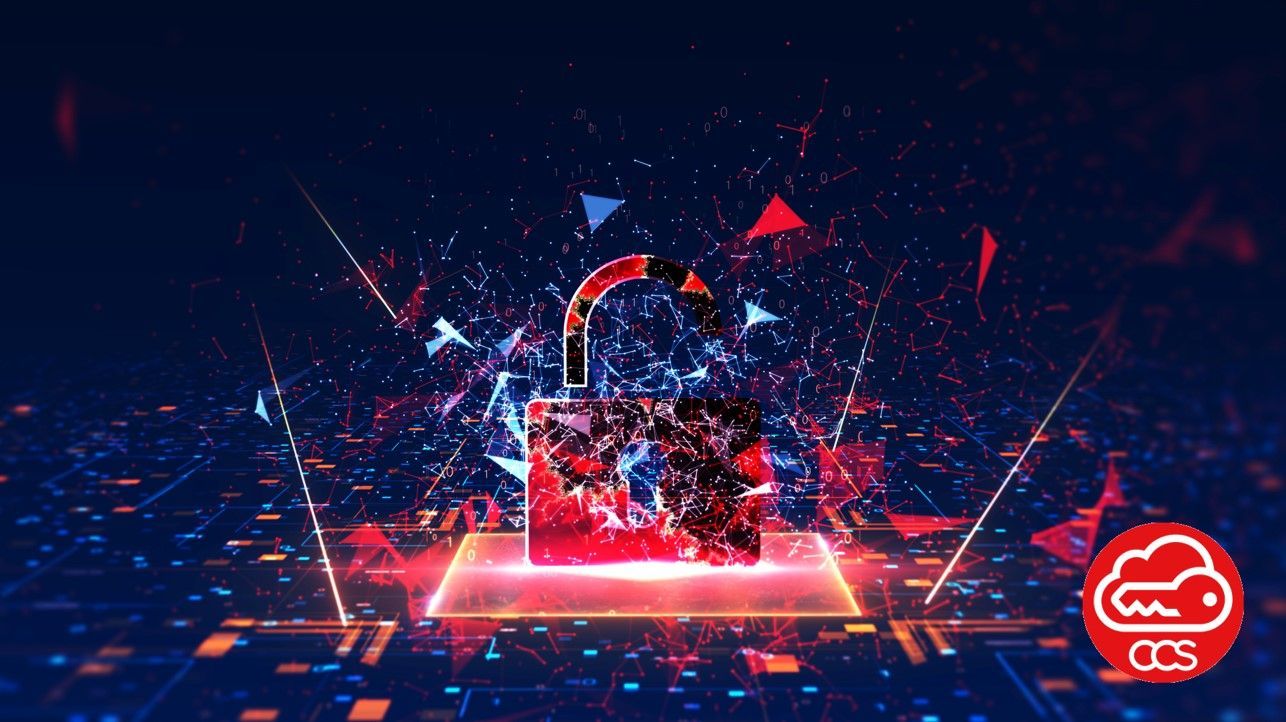
In today's data-driven world, information security is paramount for businesses. The rising tide of cyber threats, data breaches, and unauthorized access to sensitive information can create chaos, posing significant risks to organizations. To navigate these treacherous waters, businesses need a comprehensive and structured approach to information security management. Enter ISO 27001, a powerful framework that brings order out of chaos and empowers businesses to safeguard their data, mitigate cyber threats, and earn the trust of customers and stakeholders.

With cyber threats constantly evolving, having a robust information security strategy is crucial. For many organizations, this means seeking expert guidance from a Virtual Chief Information Security Officer (vCISO). In this article, we'll explore what they are and why they can be beneficial to a business.
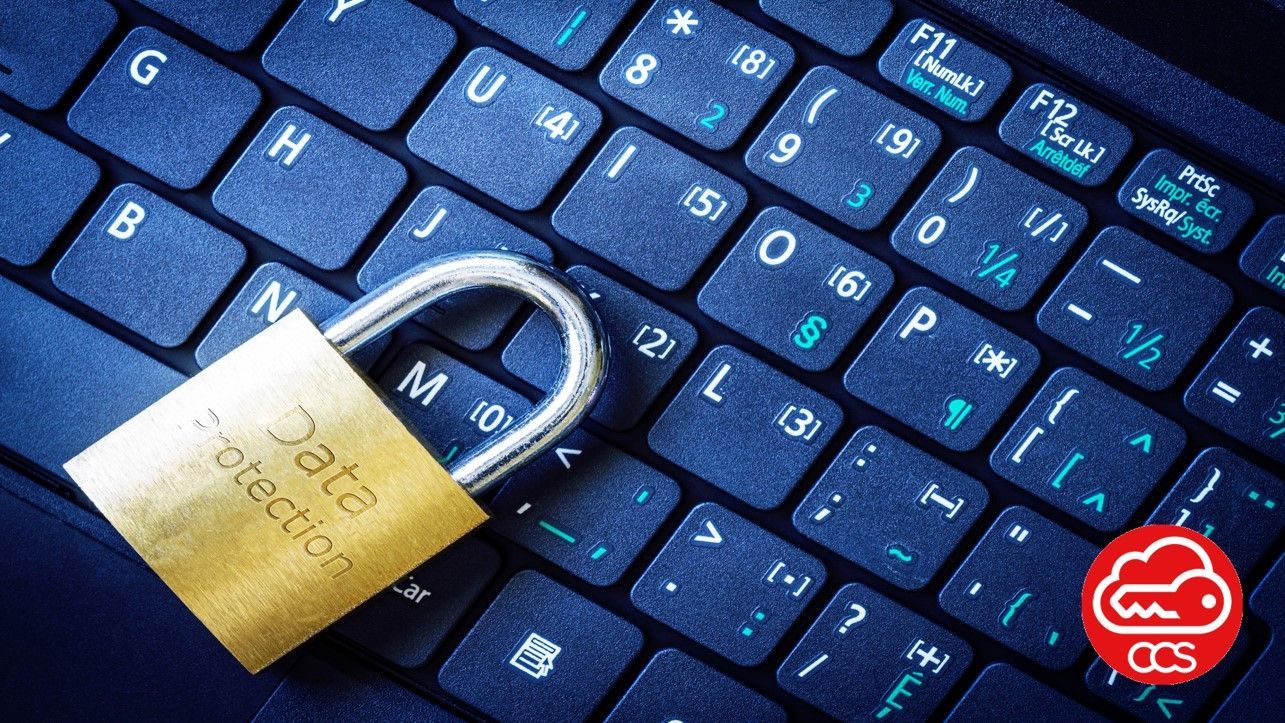
With an increasing focus on regulatory compliance and safeguarding personal information, the role of a Data Protection Officer (DPO) has become vital. However, hiring a full-time DPO can be costly, and finding the right talent can be challenging. This is where the Virtual Data Protection Officer (vDPO) service provided by CCS comes into play, offering flexible and on-demand access to capabilities that empower organizations to oversee and direct activities related to data protection
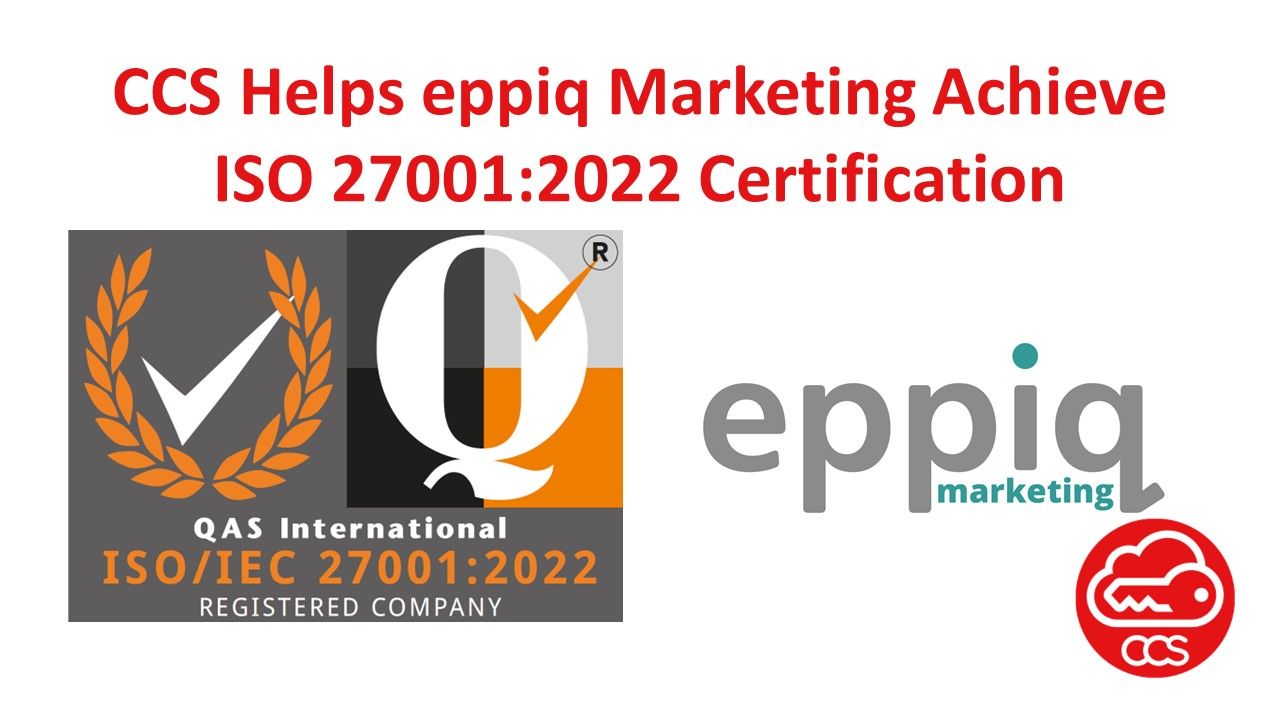
eppiq Marketing, a digital marketing agency based in Newbury, Berkshire, has successfully achieved ISO 27001:2022 certification, a globally recognized standard for information security management. The certification process was expertly guided by CCS using their structured 5-step approach. Additionally, the certification audit was conducted by QAS International, an independent ISO certification company operating globally, further enhancing the credibility of this achievement. All consultants from CCS who were involved in the process were IRCA-qualified, providing eppiq with top-tier expertise throughout their journey to certification.
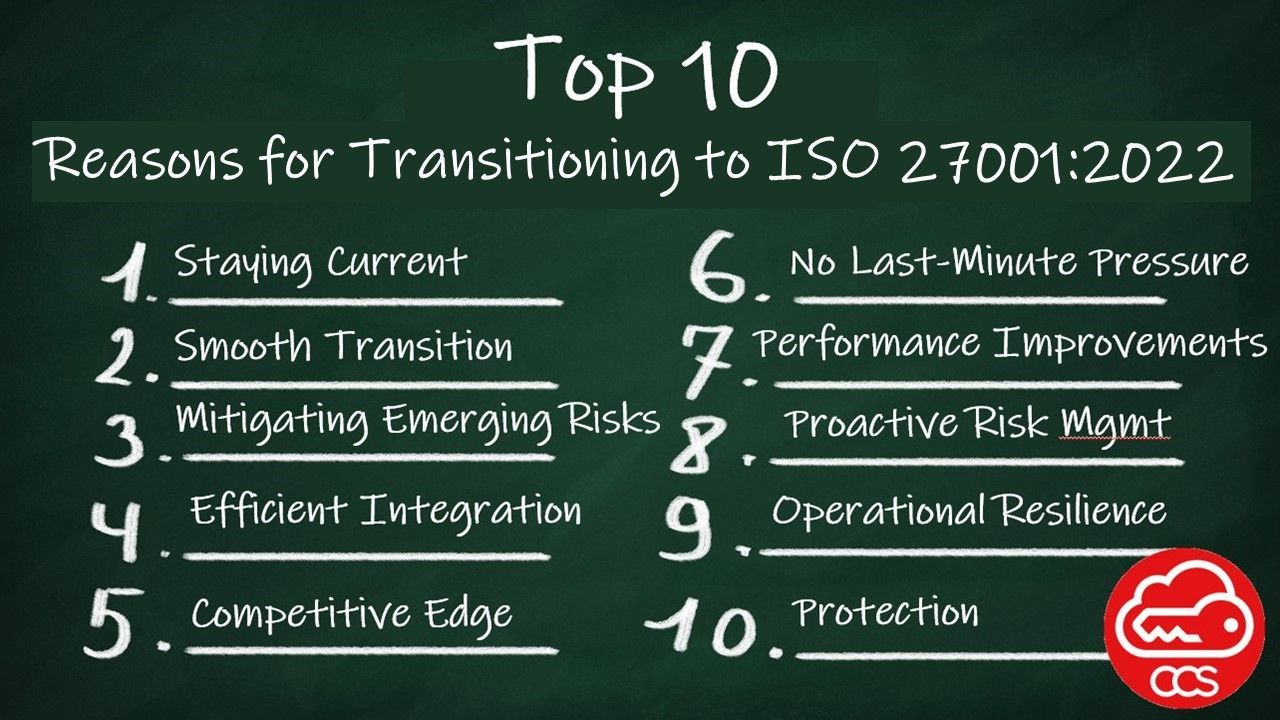
The release of ISO 27001:2022 marks a pivotal moment for organizations worldwide, presenting them with an opportunity to enhance their information security practices. By transitioning from ISO 27001:2013 to the new edition sooner rather than later, businesses can reap a multitude of benefits that extend beyond compliance.
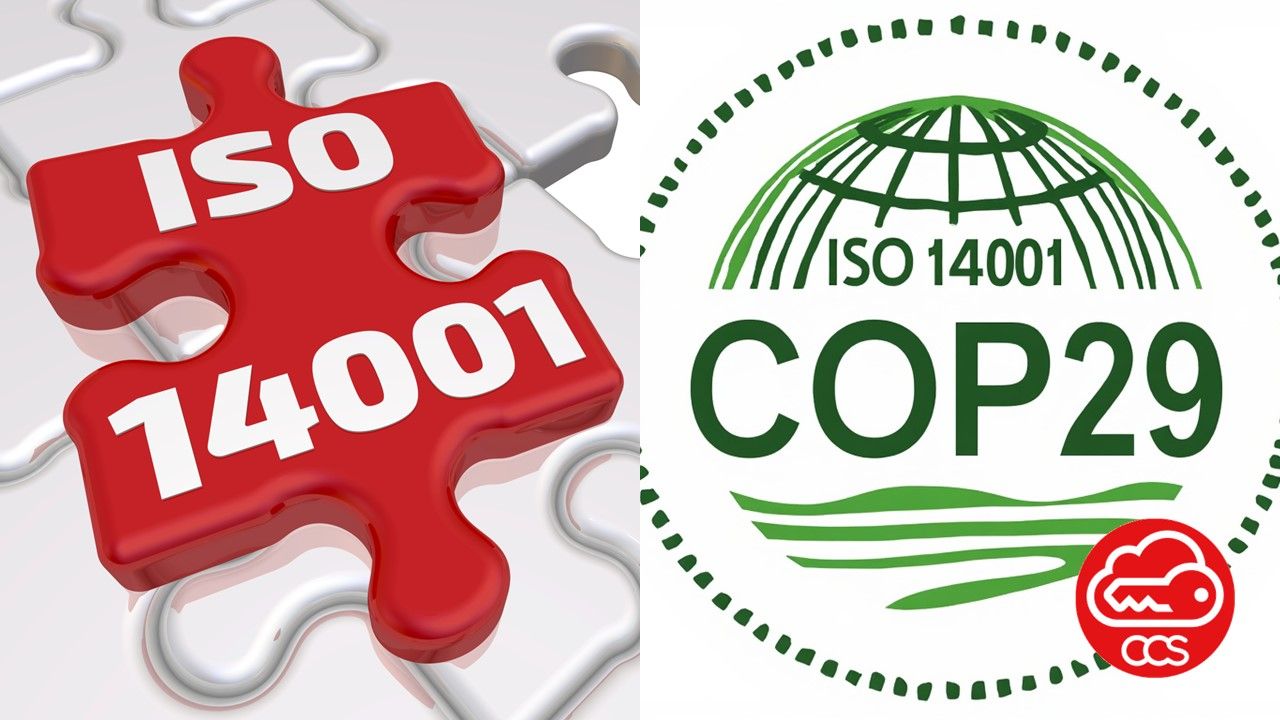
As the world gears up for the 29th United Nations Climate Change conference (COP29), the focus intensifies on actionable strategies to mitigate and adapt to climate change. Among the plethora of solutions being discussed, ISO 14001 emerges as a pivotal tool for organizations aiming to align their operations with global environmental goals.
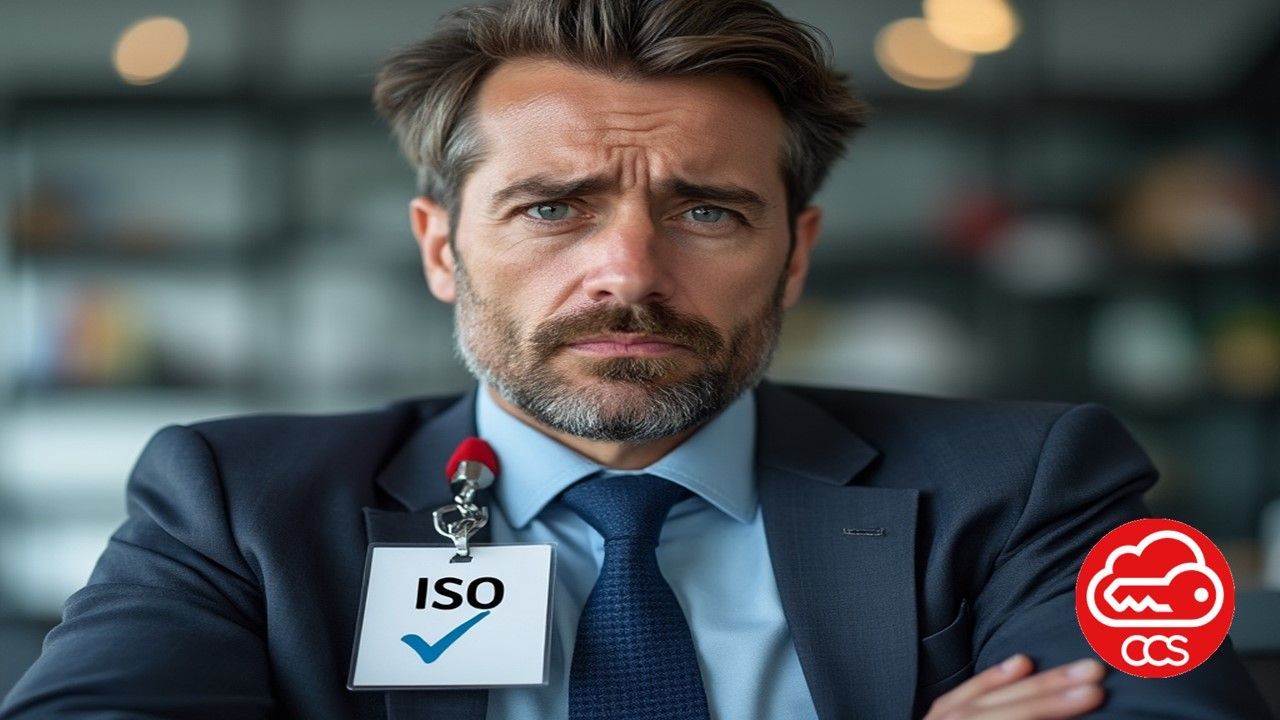
The real value of ISO certification goes far beyond simply adding a “badge” to a website or marketing materials. It’s about investing in the long-term resilience, efficiency, and reputation of an organisation. Viewing ISO standards as an investment rather than a credential brings lasting benefits, whereas a superficial approach can create challenges that ultimately hinder growth.
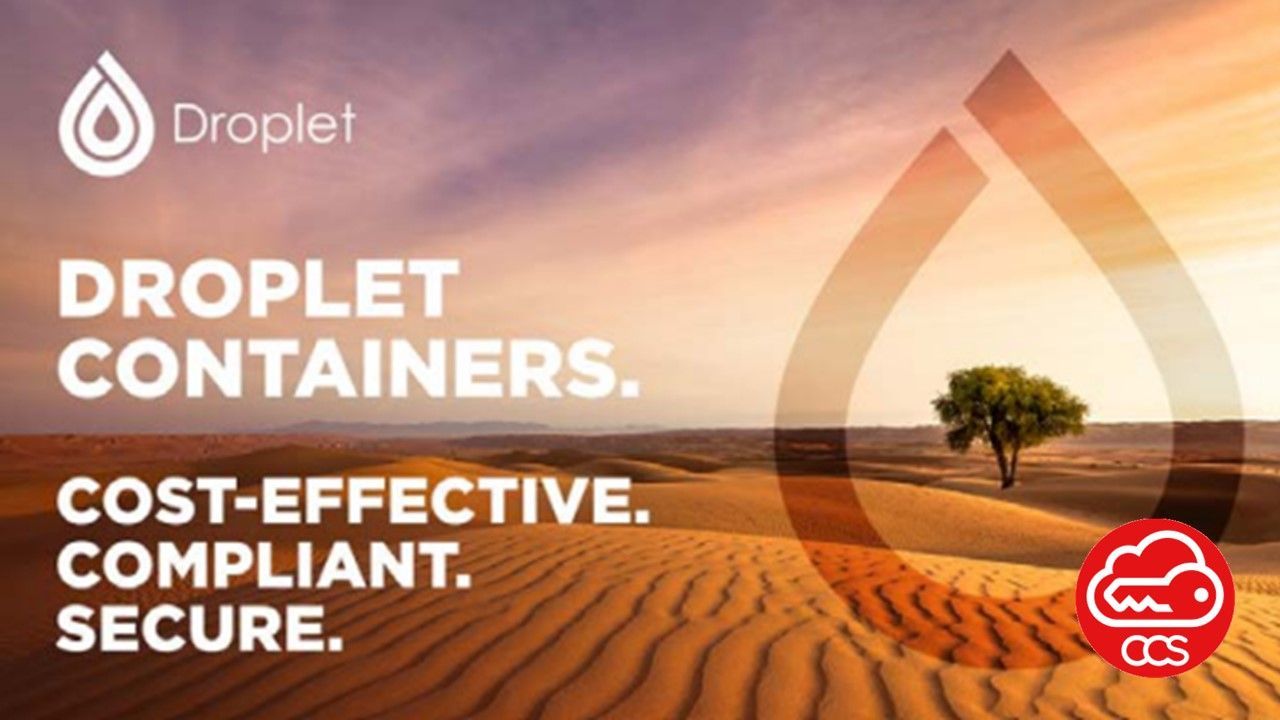
In today’s complex digital landscape, ensuring the secure and compliant delivery of applications is crucial for organisations seeking to protect sensitive data and satisfy regulatory requirements. Internal auditors play a critical role in evaluating these security measures and identifying vulnerabilities that could lead to costly data breaches or non-compliance.
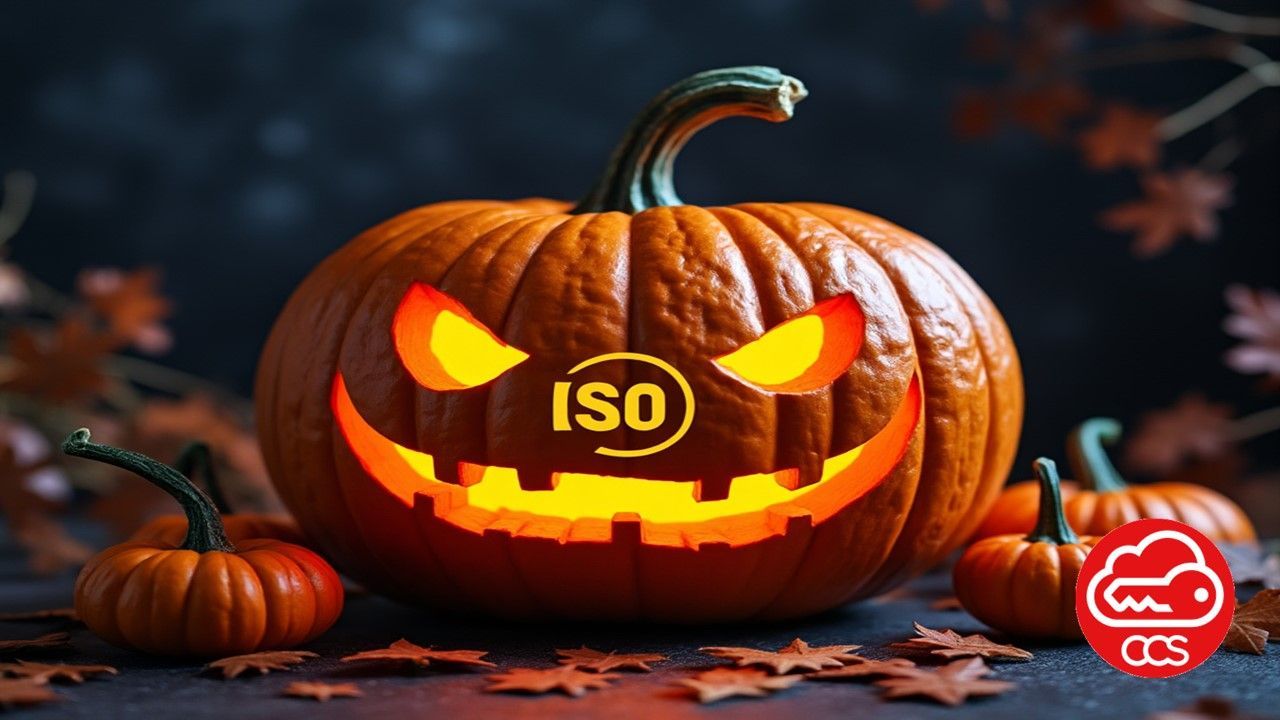
When it comes to safeguarding your business, ISO standards are your hidden advantage—not only against typical risks, inefficiency, and compliance issues but also against an often-overlooked Halloween threat: ghoulish ghosts, cheeky poltergeists, and other spectral visitors. If your business isn’t ISO-certified this Halloween, you might not be fully prepared for unexpected spooky surprises…but there’s always time to get ready for next year!
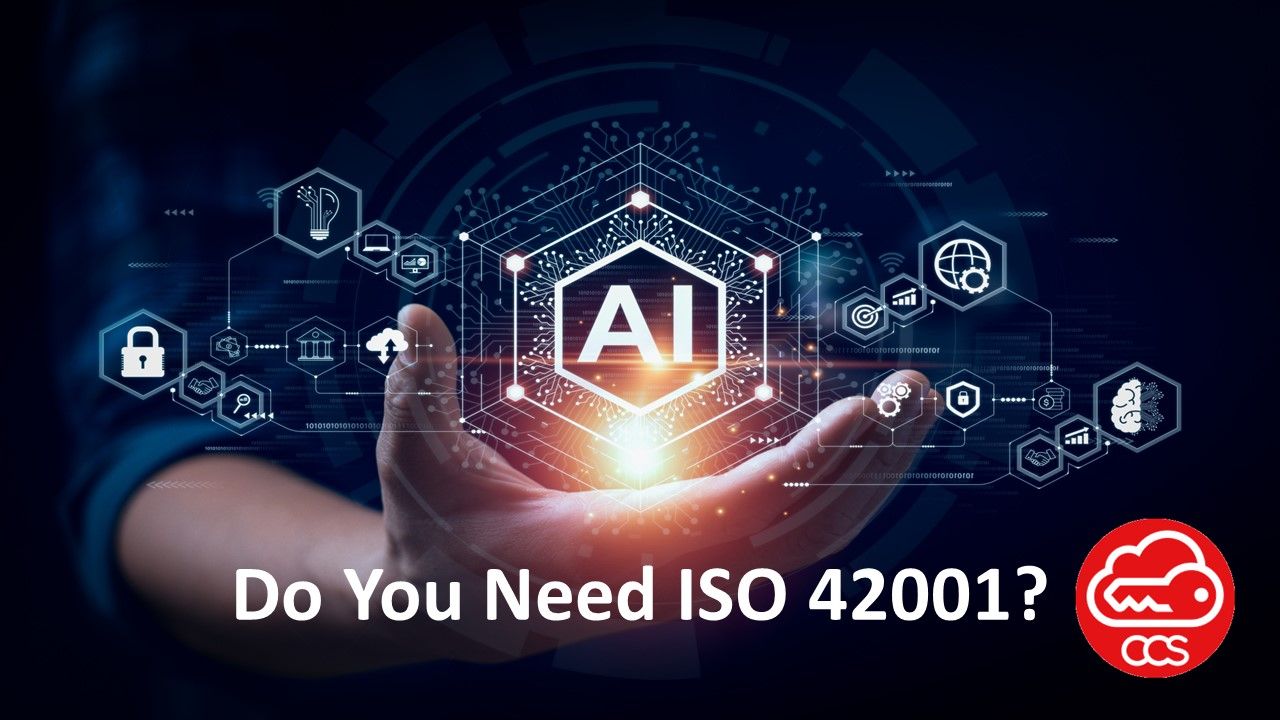
If your business is considering whether ISO 42001 is right for you, the following questions will help evaluate your current AI processes, risk exposure, and strategic needs. By answering these questions, you can assess the value of ISO 42001 for your organization and build a strong case for its implementation.

The rise of greenwashing, the deceptive practice of making misleading claims about environmental responsibility has created challenges for those trying to distinguish genuine sustainability efforts from marketing ploys. ISO 14001, an internationally recognised standard for Environmental Management Systems (EMS), provides a robust framework to combat greenwashing and promote genuine sustainability.
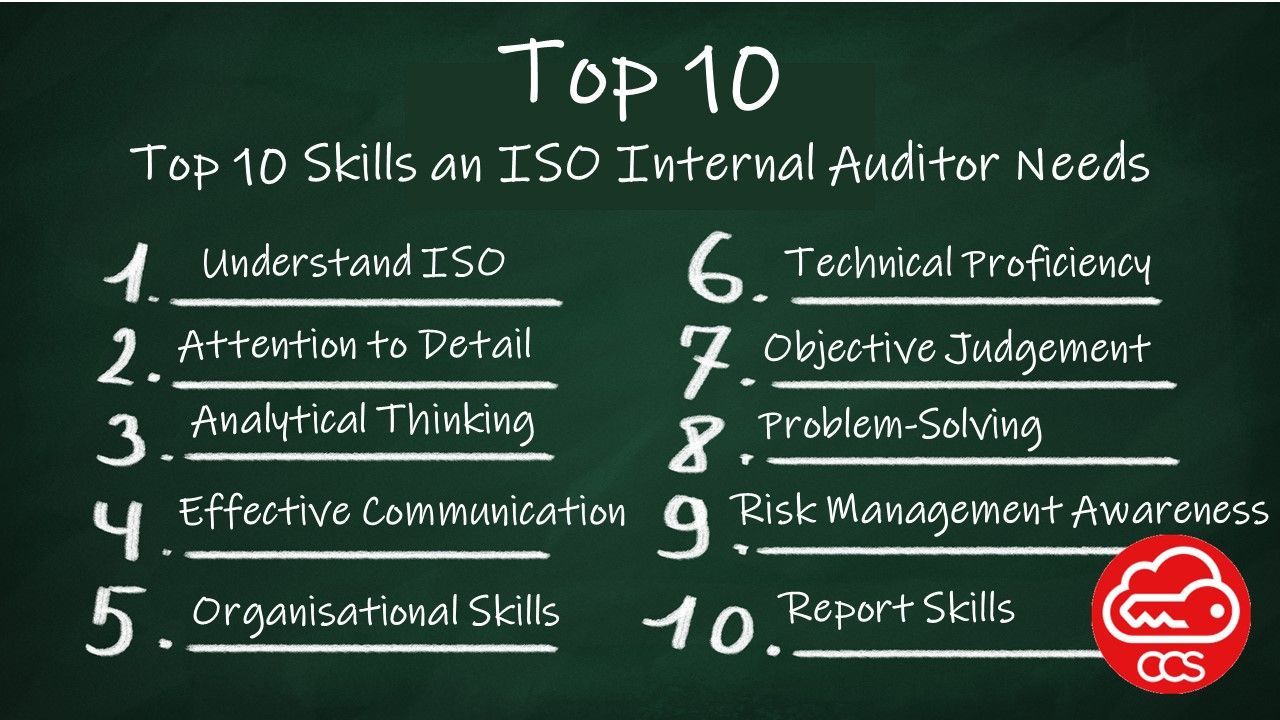
Internal audits are a vital part of maintaining ISO compliance and driving continuous improvement within an organisation. The role of an ISO internal auditor is to ensure that a company adheres to ISO standards, identifying areas for improvement and instances of non-conformance. To excel in this role, internal auditors must possess a unique combination of skills. Below are the top 10 essential skills for an ISO internal auditor, and how ISO Internal Auditor Training can help develop and enhance these skills:
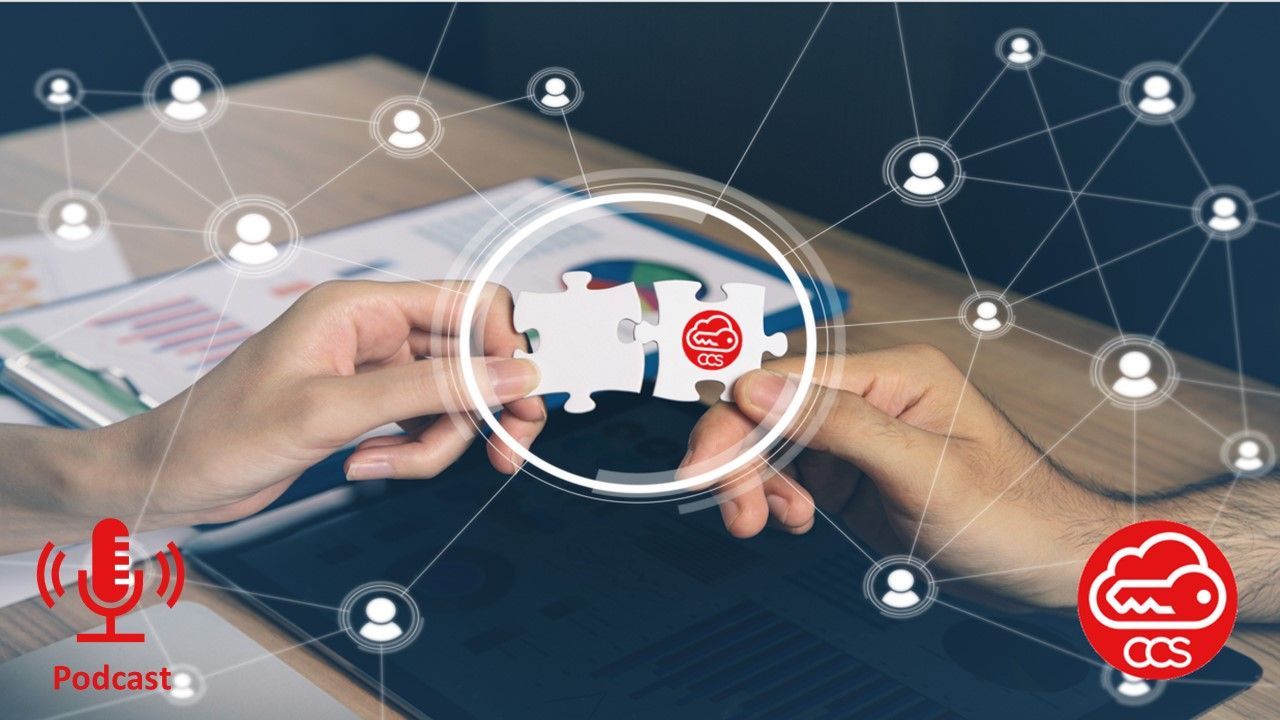
In today's competitive landscape, resellers are continuously seeking innovative ways to diversify their offerings and increase revenue. One highly lucrative yet underexplored avenue is reselling ISO consultancy and certification services. With increasing demand for operational excellence and regulatory compliance, ISO standards like ISO 9001 (Quality Management) and ISO 27001 (Information Security) are crucial for businesses of all sizes. However, resellers often face significant challenges when trying to sell these services.
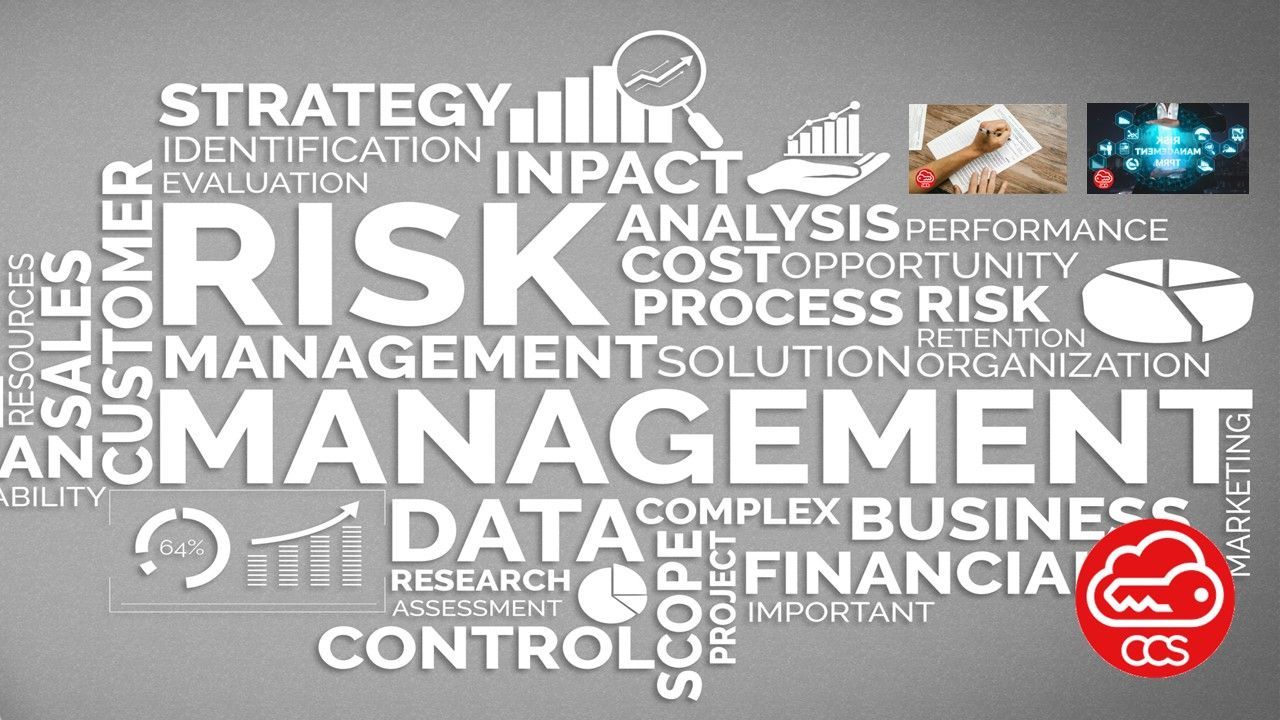
Traditionally, questionnaires have been the go-to tool for assessing third-party risks, but the advent of real-time monitoring offers new possibilities. So, which approach is better? Should you rely solely on traditional questionnaires, adopt real-time monitoring, or use a combination of both? This article delves into the merits of each approach and argues why combining both may offer the most effective risk management strategy.

Implementing ISO standards within a company is a significant step towards achieving excellence in quality, environmental management, occupational health and safety, IT service delivery, business continuity, and information security. Once the initial stages of advice, assessment, gap analysis, and documentation have been completed by CCS, there are additional steps that a company should take to fully adopt ISO standards and prepare for certification audits.
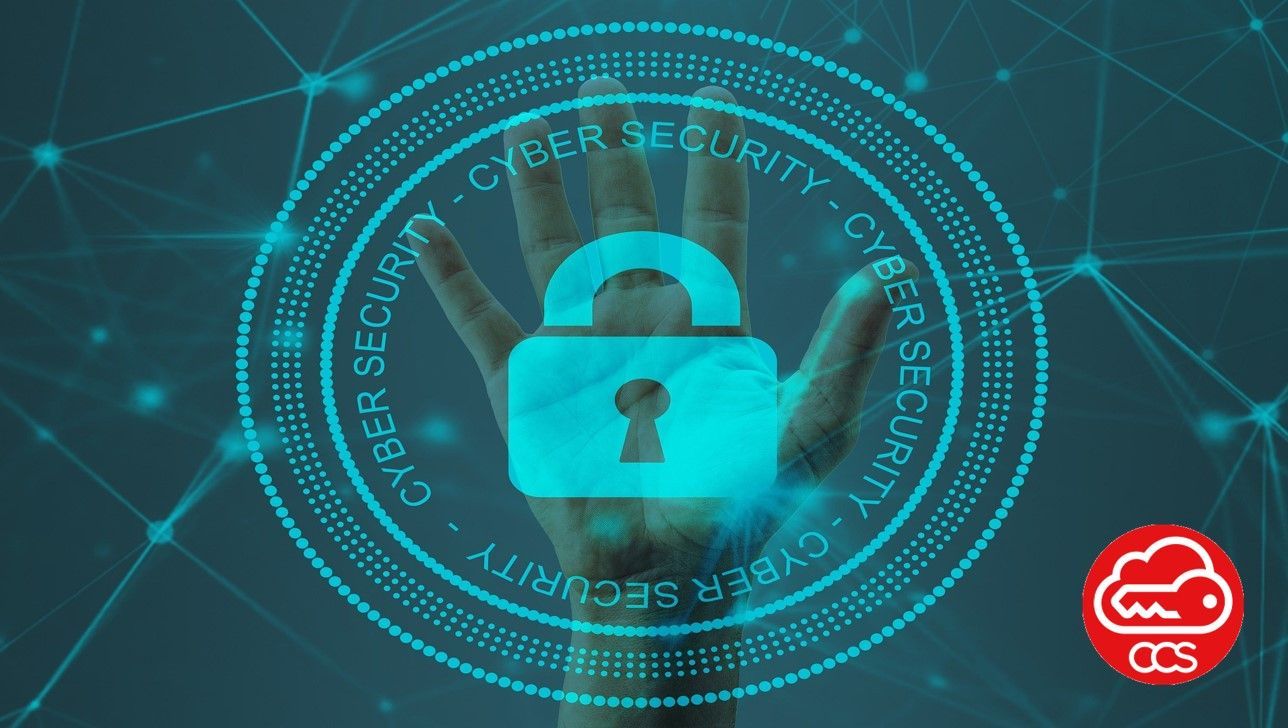
In today's digital landscape, organisations face an increasing number of security threats and vulnerabilities. To safeguard sensitive information and maintain the trust of stakeholders, implementing robust information security practices is crucial. One internationally recognised standard that helps organisations achieve information security excellence is ISO27001.
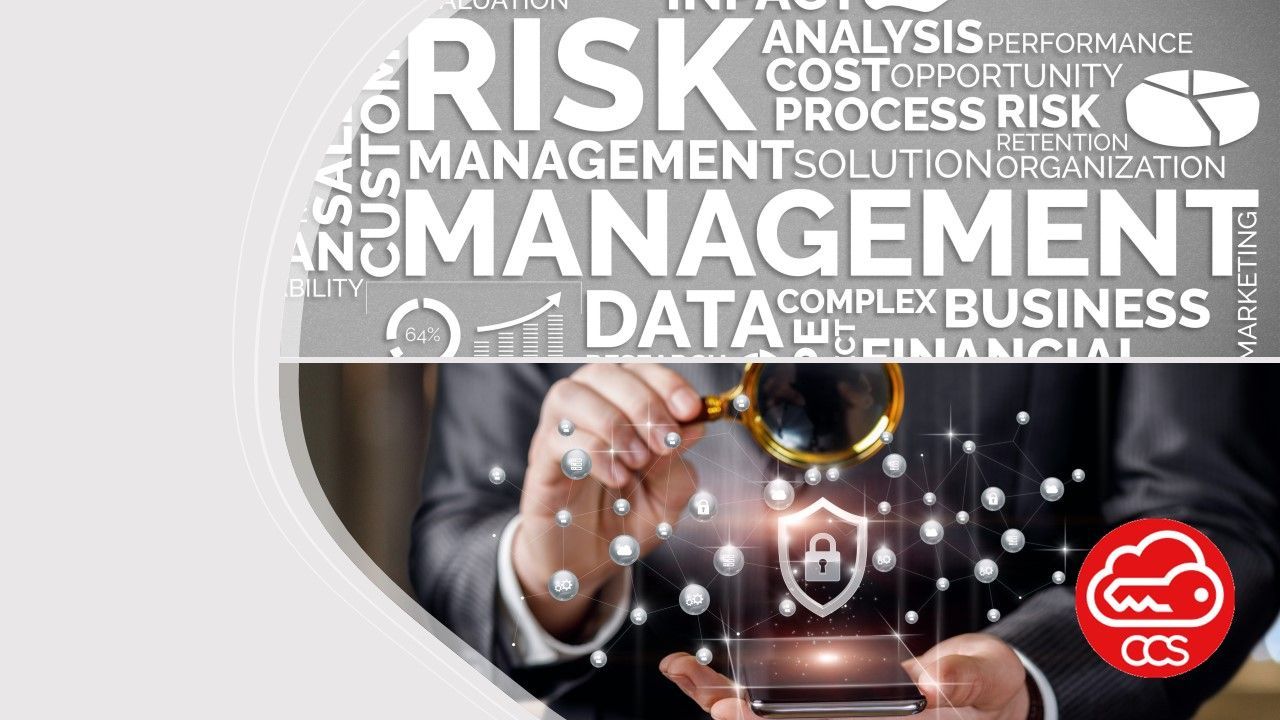
Cyber threats are constantly evolving, presenting risk managers with an increasingly complex landscape to navigate. Understanding your organisation's cybersecurity posture its current level of security and potential vulnerabilities is a critical component of managing risk effectively. Risk managers can greatly benefit from a Cyber Security Posture Review (CSPR), which provides a detailed evaluation of security controls and identifies weaknesses that could be exploited.
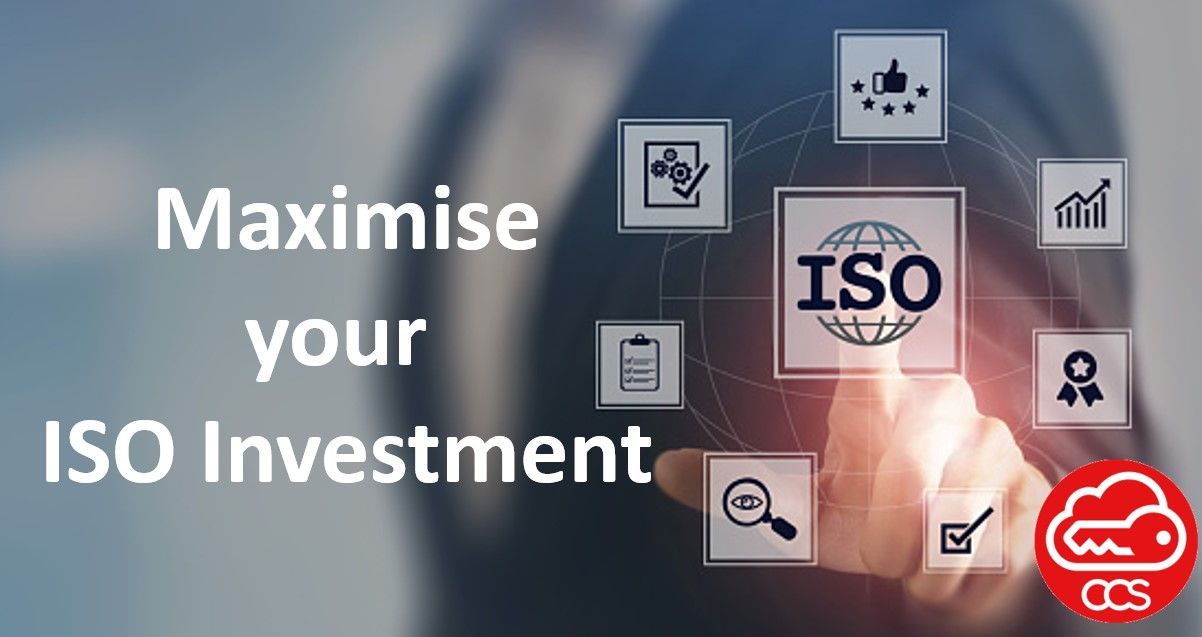
ISO certification is more than just a mark of compliance—it’s a powerful tool that can enhance business operations, improve customer satisfaction, and provide a competitive advantage. However, to truly maximise your investment in ISO certification, it’s essential to adopt a comprehensive, well-supported approach that ensures compliance while driving continuous improvement across your organisation.
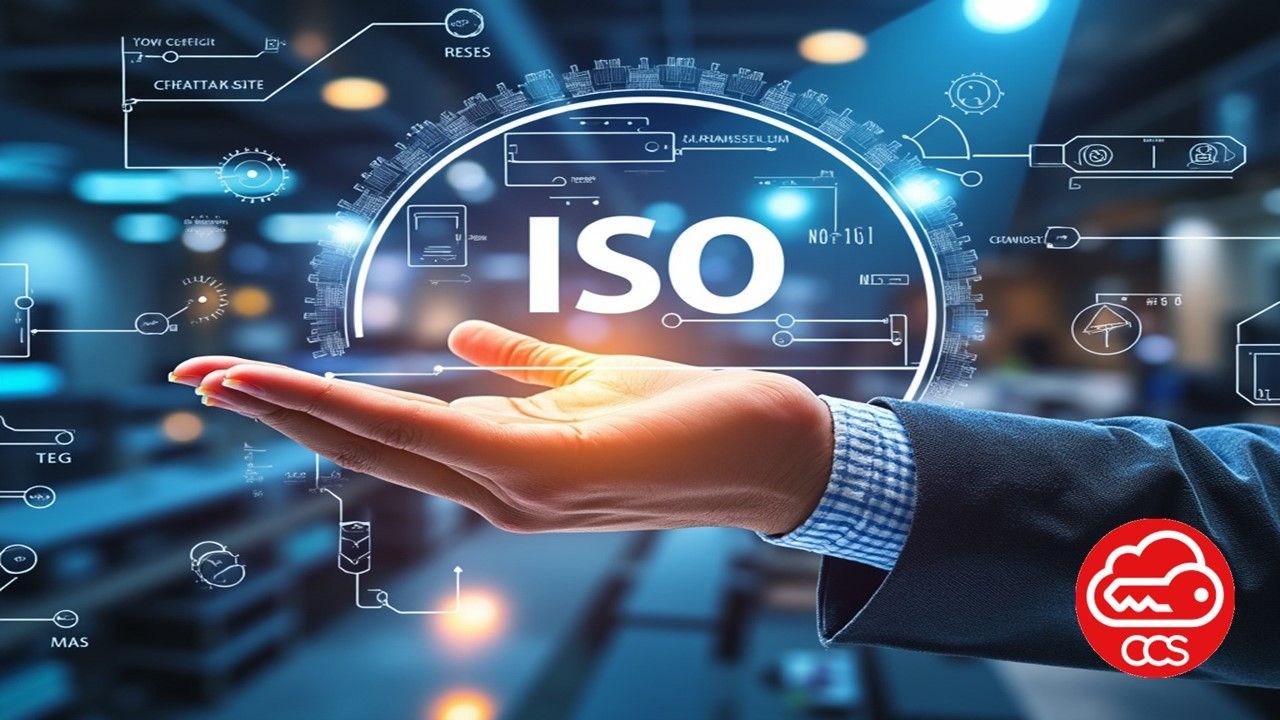
Selling a business is a significant milestone for any small or medium-sized enterprise (SME). The process can be complex, with potential buyers examining every detail to ensure the business is a worthwhile investment. One factor that can enhance a business’s attractiveness and increase its value is ISO 9001 certification, the internationally recognised standard for quality management systems. Achieving ISO 9001 can offer numerous advantages, giving an SME a competitive edge when it comes to selling.
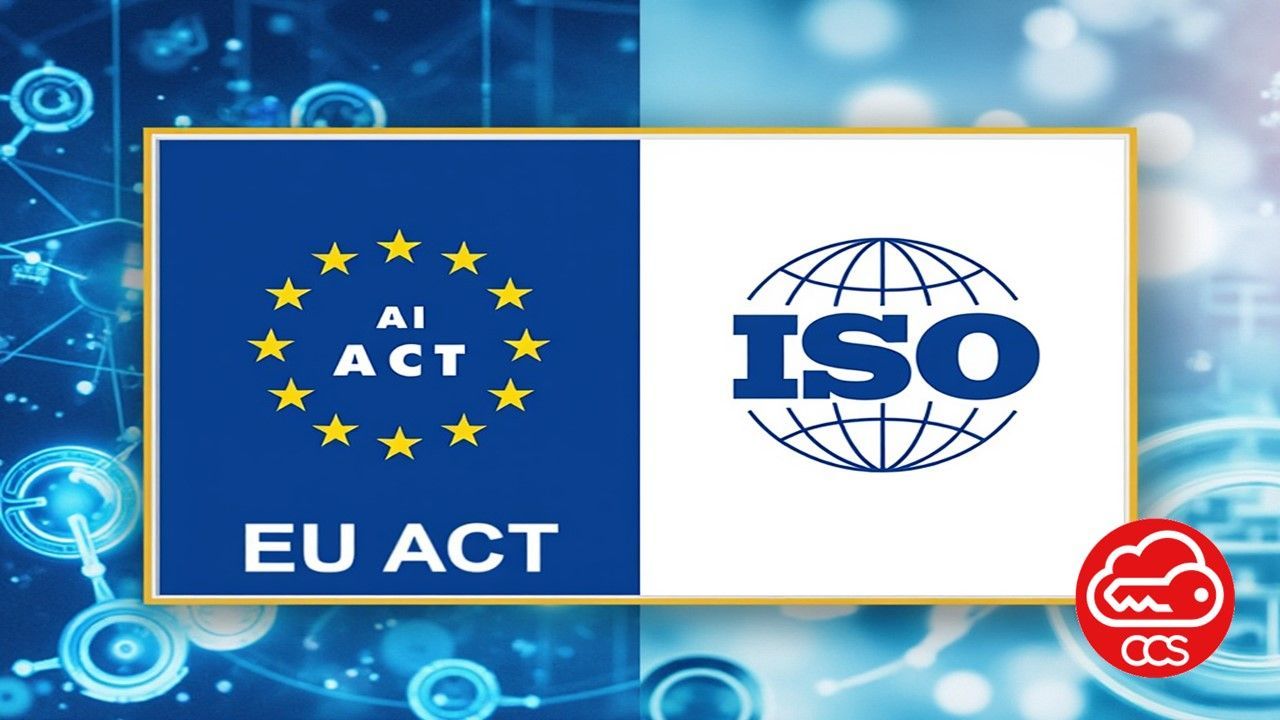
As artificial intelligence (AI) continues to transform industries, governments and regulatory bodies are increasingly focusing on ensuring its ethical use and responsible management. Two key frameworks are emerging as essential for businesses: the EU AI Act and ISO 42001: Artificial Intelligence Management System (AIMS).

There are two primary approaches to achieving ISO 9001: implementing it in-house with pre-written processes, procedures, and FAQs, or engaging an ISO consultancy company like CCS, which offers specialist expertise and a structured implementation process. Each approach has its benefits and drawbacks, which we’ll explore in this article.
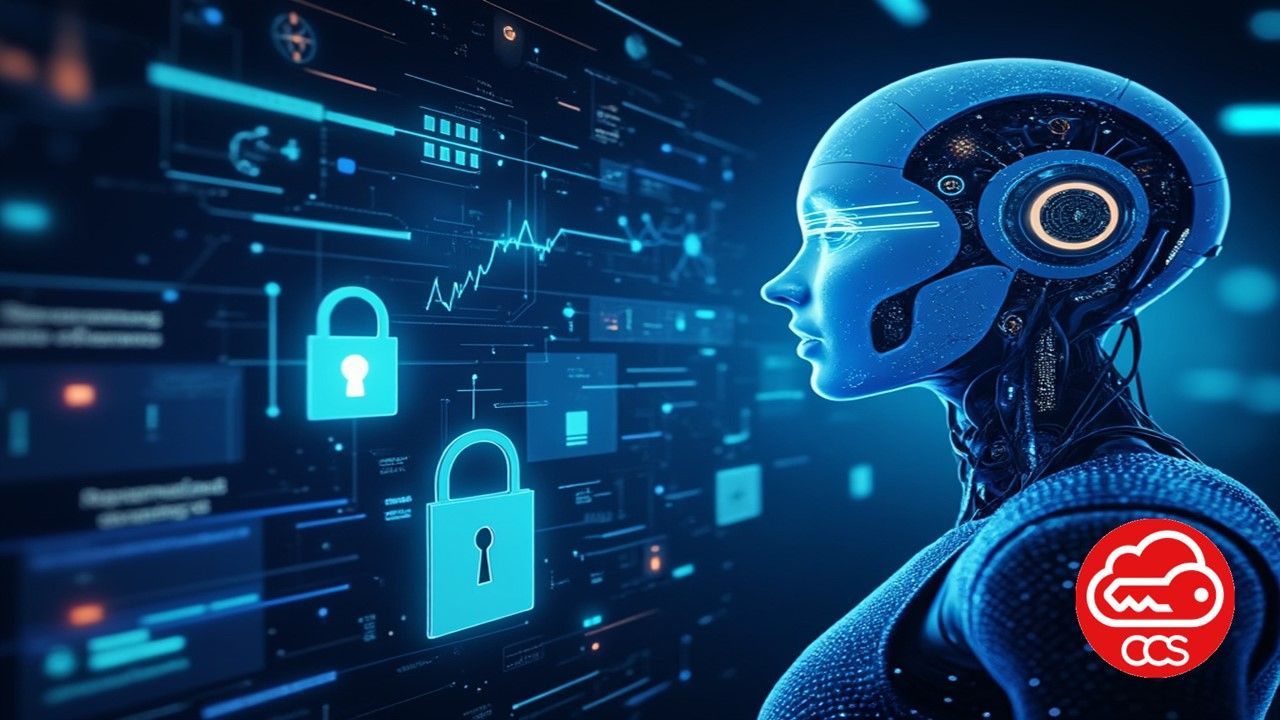
With the rapid rise of AI usage across industries, organisations are increasingly facing a host of security challenges. According to a report by HiddenLayer, 98% of companies view their AI models as essential to their success, yet 77% have experienced breaches in their AI systems within the past year. As businesses struggle to safeguard their AI investments, the introduction of ISO 42001, a forthcoming international standard for AI management systems, could provide a much-needed framework for securing these critical assets.
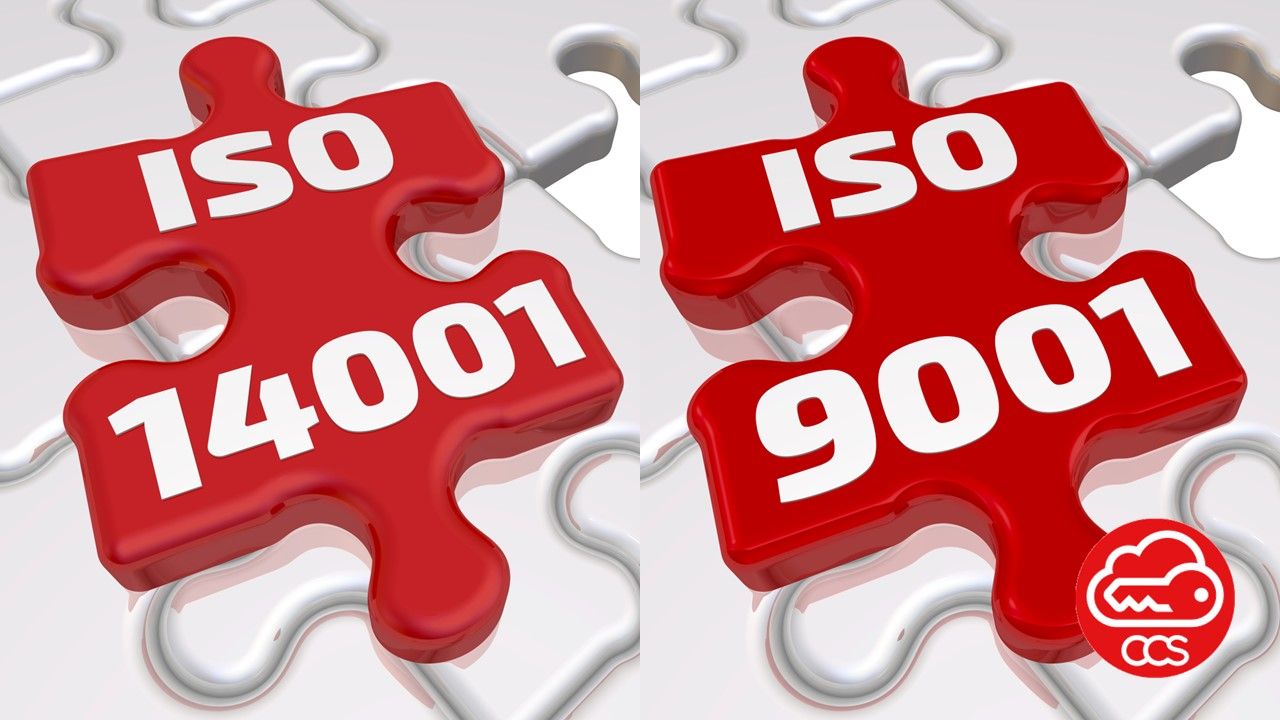
Managing both quality and environmental aspects is crucial for businesses seeking to demonstrate their commitment to customer satisfaction and environmental sustainability. ISO 9001 and ISO 14001 are two widely recognised international standards that focus on quality management and environmental management, respectively. While each standard addresses specific areas, integrating ISO 9001 and ISO 14001 can bring numerous benefits, fostering synergies between quality and environmental objectives. This article explores the advantages of integrating these management systems and addresses common arguments for and against their integration.
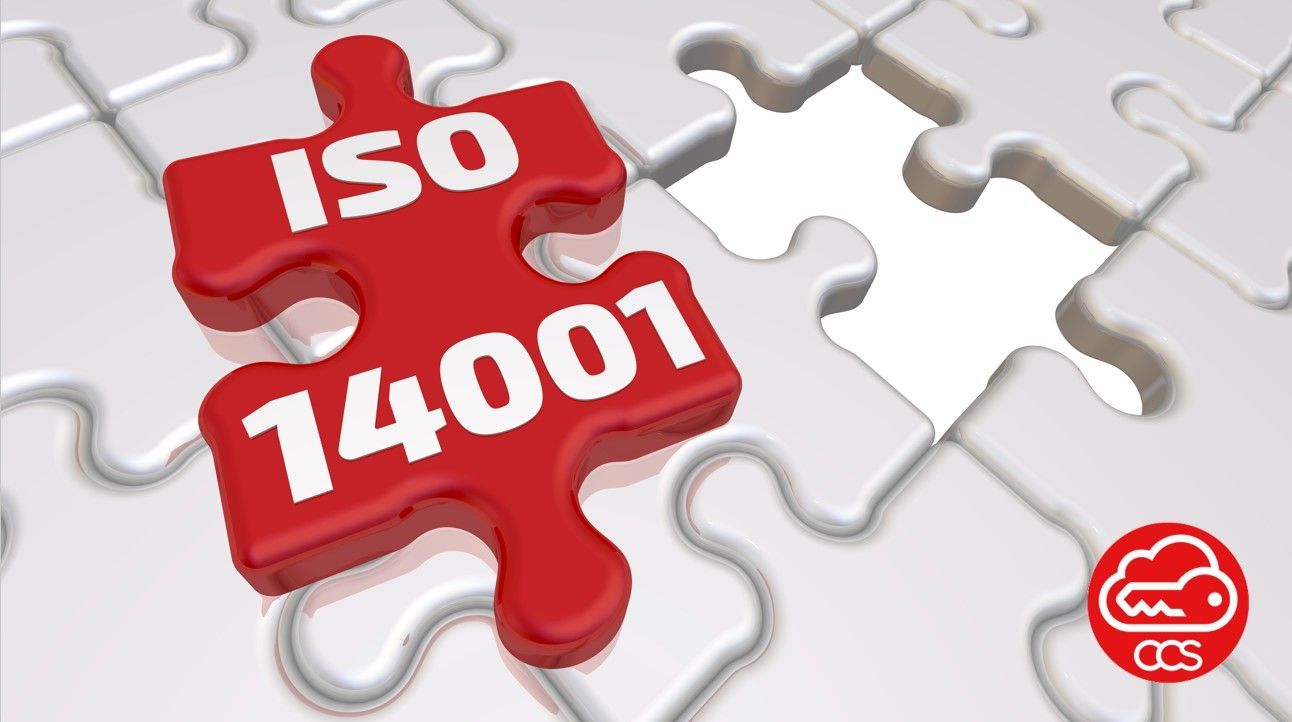
ISO 14001 provides a comprehensive framework for organisations to proactively manage their environmental responsibilities. It guides businesses in identifying and addressing environmental risks, setting objectives and targets for improvement, and implementing sustainable practices. By embracing ISO 14001, organisations commit to minimising their ecological footprint, complying with environmental regulations, and driving continuous environmental performance improvement.
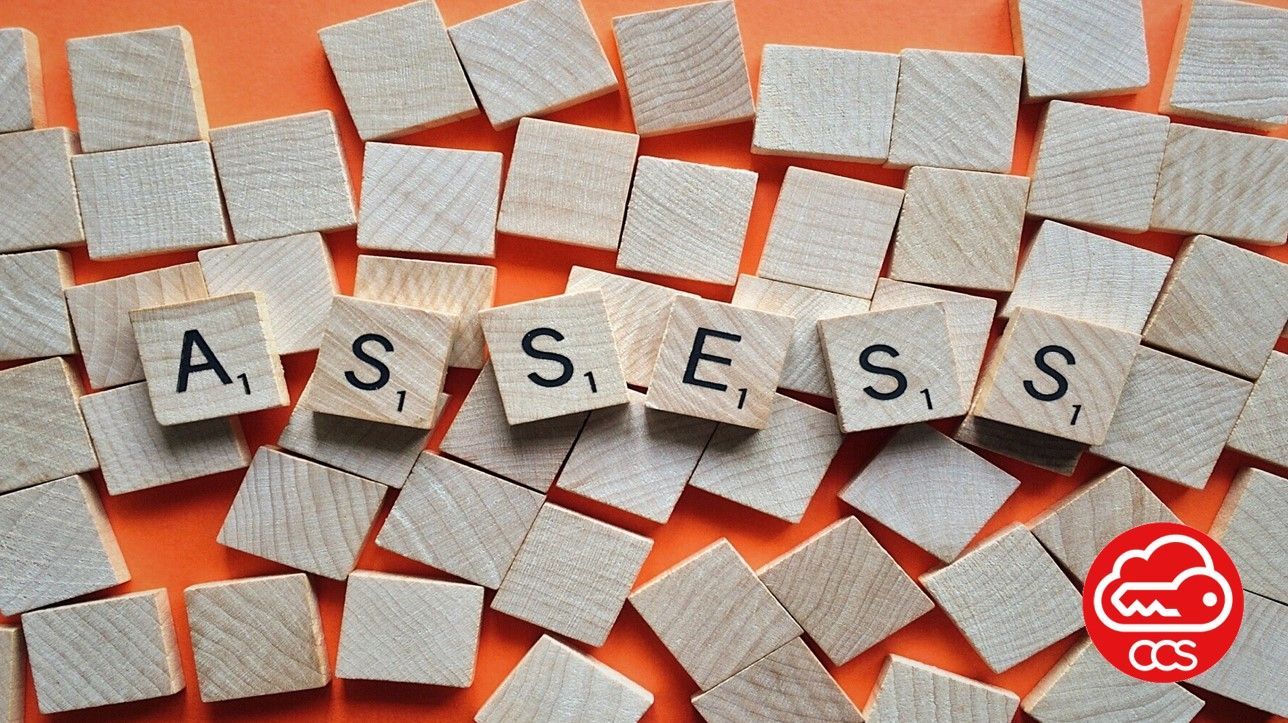
Achieving ISO Certification Excellence: The Power of ISO Self-Implementation with Pre-Audit Services
Obtaining ISO certification is a significant milestone for organizations seeking to enhance their credibility, efficiency, and overall performance. When embarking on this journey, businesses often face the choice between self-implementation and hiring external consultants. While some opt for self-implementation to tailor the ISO management system to their unique needs and conserve resources, others seek the expertise of consultants to ensure a smooth certification process. To maximize the chances of certification success, a powerful synergy can be achieved by combining self-implementation with ISO Standards Pre-Audit Services
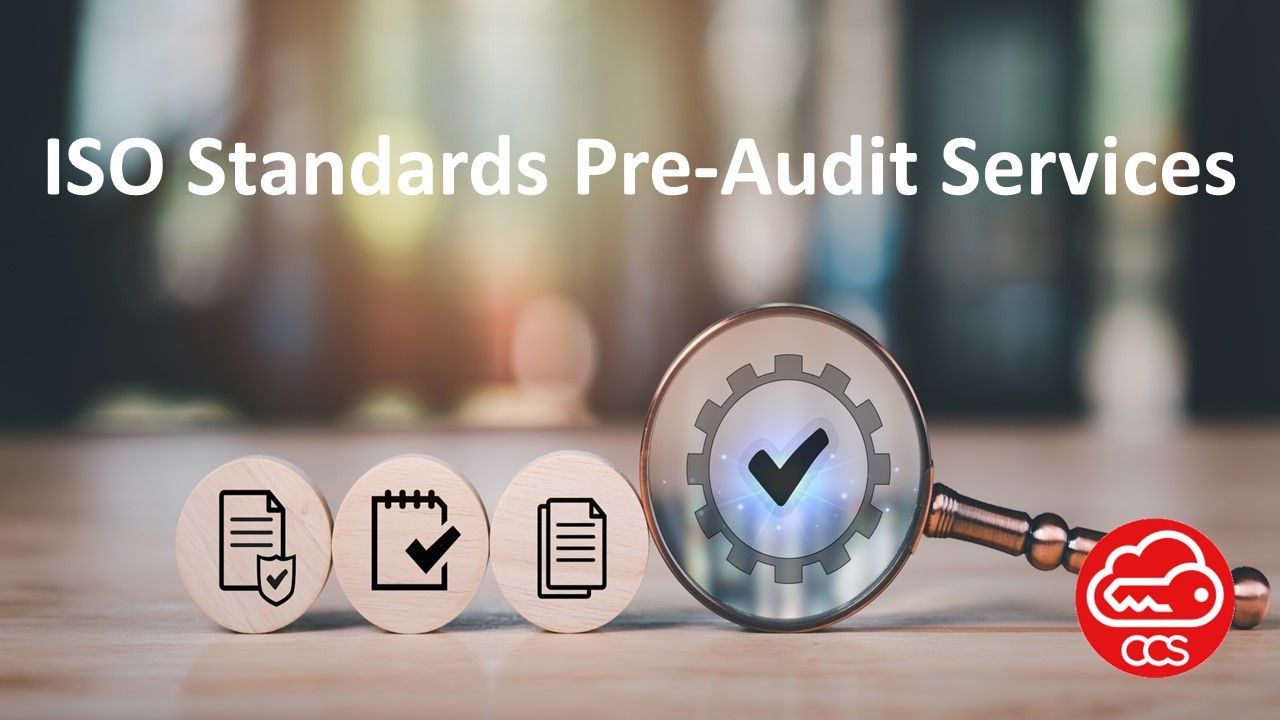
For businesses that already hold ISO certification, maintaining compliance is crucial to sustaining their recognised standard of quality and operational excellence. As the time for renewal audits approaches, many organisations seek ways to confirm their adherence to ISO standards before committing to the official audit process. This is where ISO Standards Pre-Audit Services come into play. By utilising these services, businesses can address potential issues proactively and enhance their chances of a successful audit renewal.



